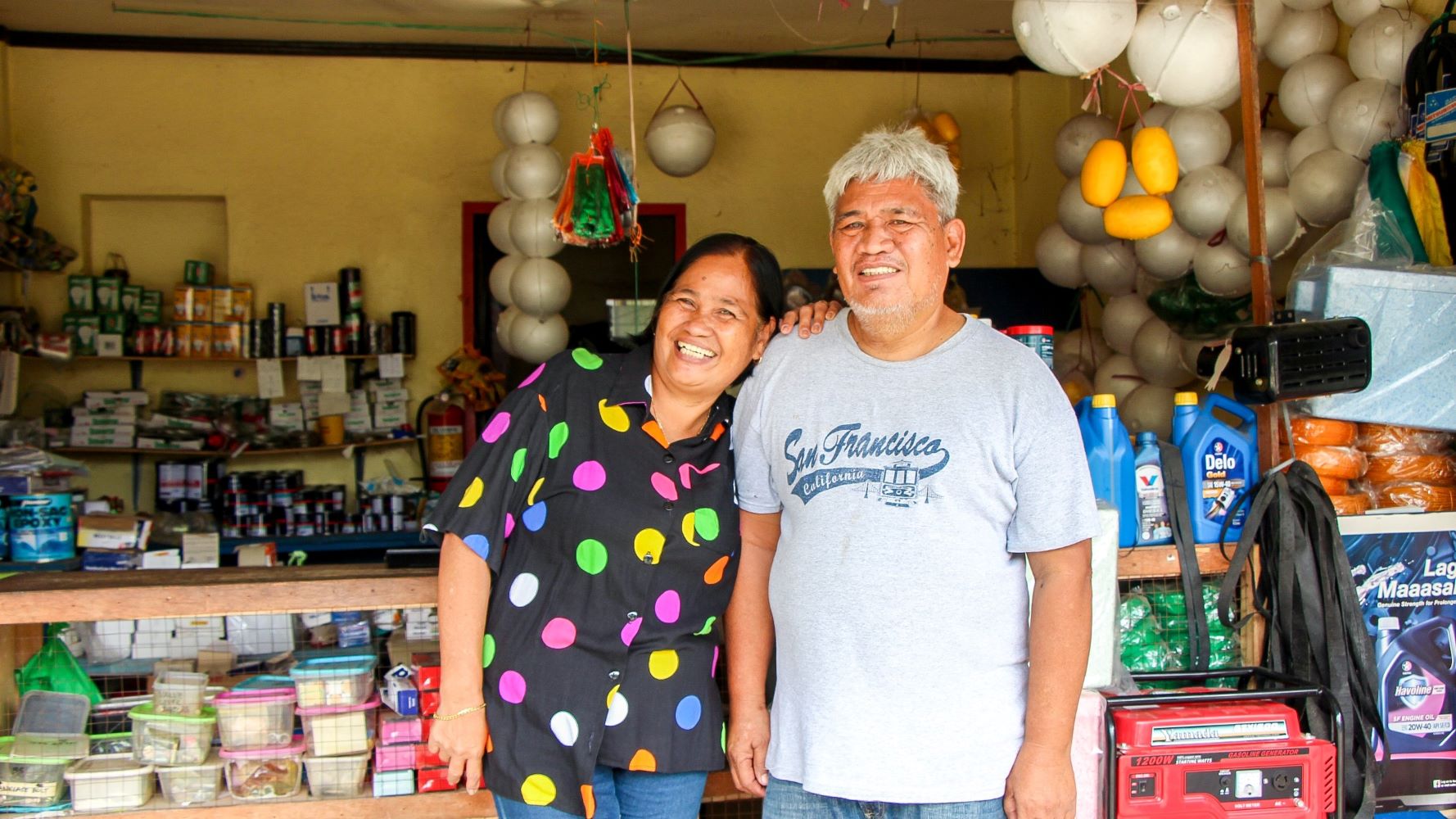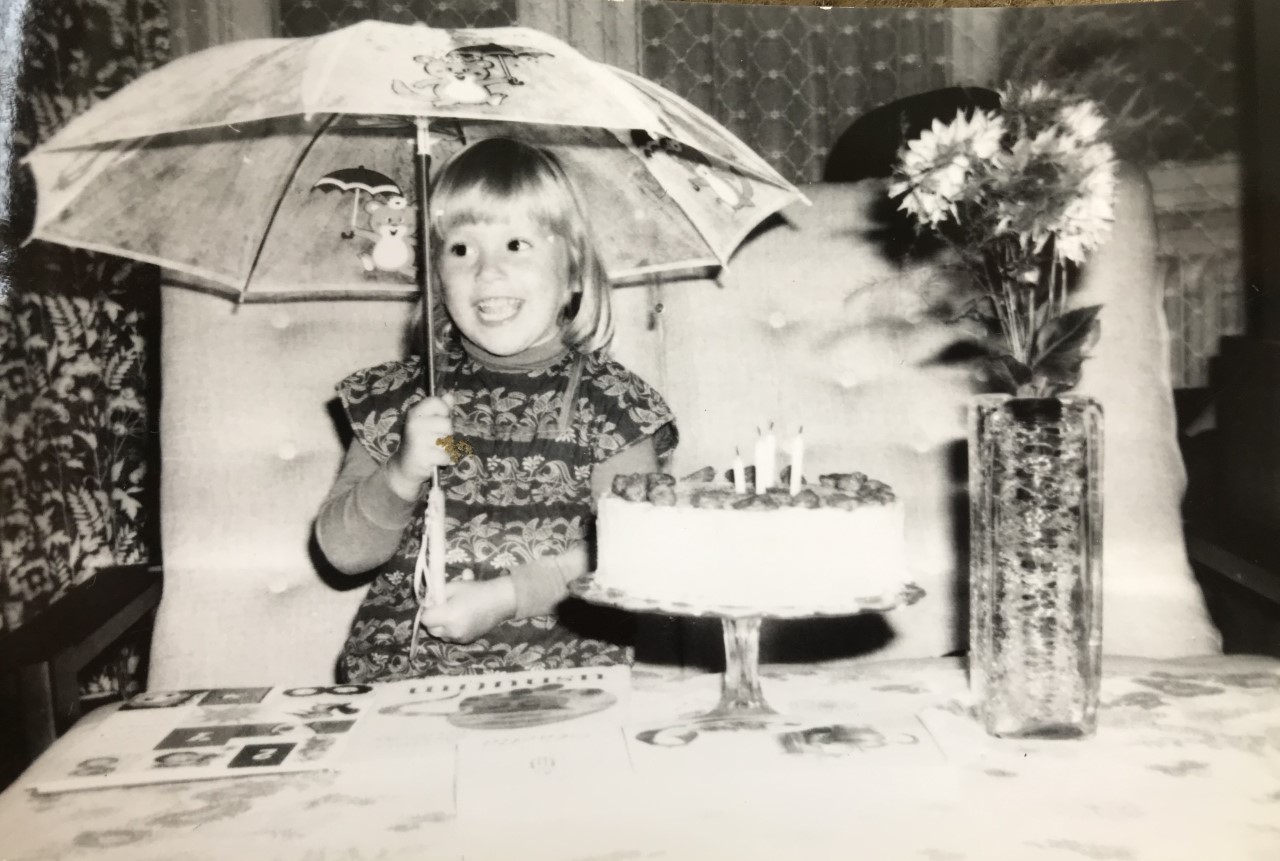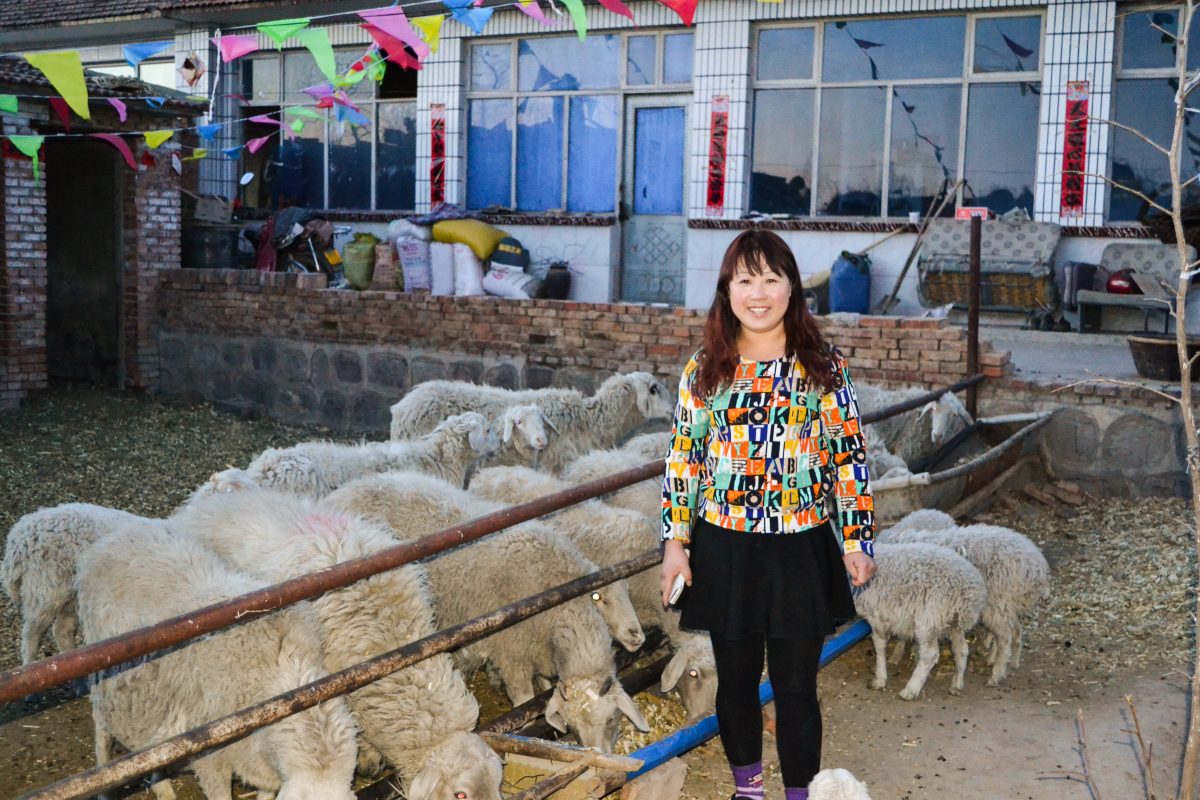Lina Feria never imagined that her small business selling homemade snacks could grow into a flourishing general store. Yet her story testifies that God can use small loans and persistence to transform a business and a whole family.
Building a business brick by brick
When Lina first decided to become a member of The Center for Community Transformation (CCT), HOPE International’s partner in the Philippines, she was selling traditional rice cake snacks (called kakanin) that she made at home.
Although she was not a Christian then, Lina joined CCT because she was curious about their Bible studies. As she got to know staff members and read the Word, she slowly began to learn more about God and eventually gave her life to Him. Continue Reading…





















